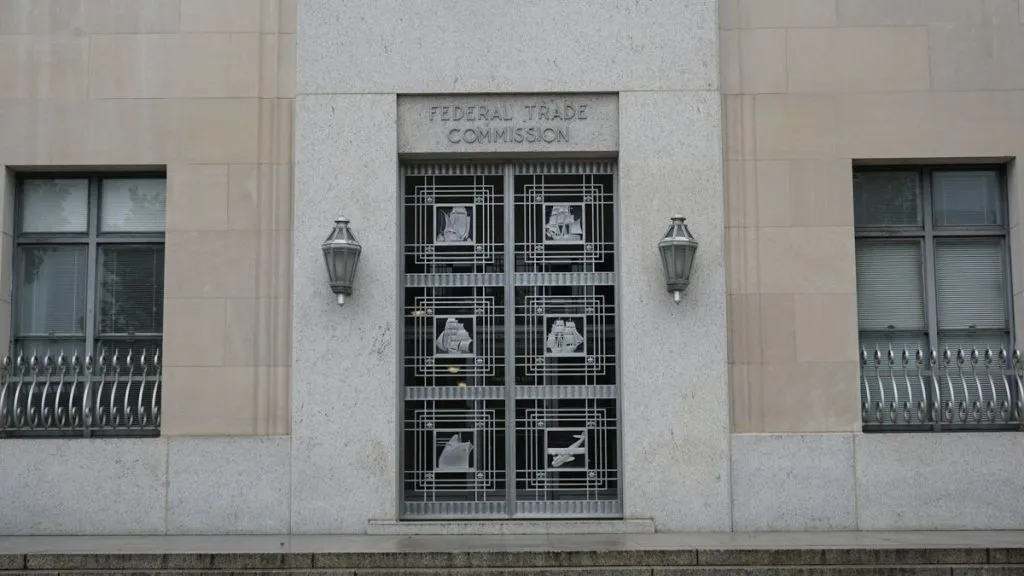Photo Credit: Ian Hutchinson
The Federal Trade Commission (FTC) has issued a formal warning to StubHub over the secondary ticket market’s slow rollout of all-in pricing.
The FTC’s rule requiring ticket sellers to display the total price of tickets upfront went into effect on May 12. The regulation applies to all ticket sellers, both primary and secondary. Ticketmaster was compliant on the rollout date, while secondary market SeatGeek issued its update on May 9 ahead of the deadline. But StubHub dragged its feet—with the mobile app only—to take advantage of the NFL 2025 schedule.
StubHub updated its website to comply with the all-in pricing requirement, but 48 hours after the deadline the mobile app failed to show the total price. The FTC notes that a significant portion of customers purchase tickets for upcoming events on their mobile devices—meaning StubHub was taking advantage of its mobile user base.
The FTC highlighted how StubHub’s non-compliance came at a time when the NFL’s 2025 schedule dropped. That always results in a high volume of traffic and sales. By not including all fees upfront, StubHub gained an unfair competitive advantage during one of the busiest ticket-buying periods of the year. Chris Mufarrige, Director of the FTC’s Bureau of Consumer Protection doesn’t buy the excuse that the mobile roll-out took longer.
“Companies have had sufficient time to prepare for these changes and update their advertising to ensure the total price of each product or service is appropriately disclosed,” Mufarrige said. “As this letter shows, the Commission will not allow companies to circumvent the rule to gain a competitive advantage.”
While the FTC did not issue an immediate penalty for the slow-walked rollout, it did put StubHub on notice that further non-compliance could result in enforcement action—including fines. The FTC also took this opportunity to alert other ticketing platforms that it would be monitoring them to ensure industry-wide adherence to the new transparency rules. Violations of the all-in pricing rule could result in civil penalties of up to $53,088 per violation.
Content shared from www.digitalmusicnews.com.

